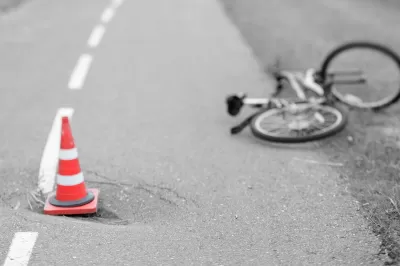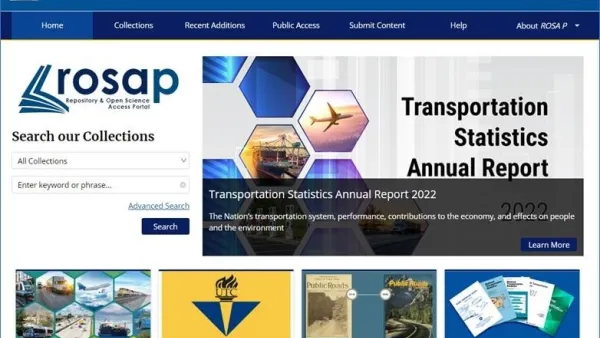Researchers warn of a “chilling environment” as studies examining road safety and other topics are killed off and layoffs hit federal agencies.

The Trump administration has wasted little time launching a multipronged assault on scientific research across an array of fields. Mass layoffs have roiled the National Science Foundation, the National Oceanic and Atmospheric Administration and the National Institutes of Health, and the administration has sought to sharply reduce the federal contribution to universities’ “research overhead,” aiming a staggering blow at US higher education.
Transportation research typically occupies a comparatively nonpartisan and uncontroversial position, but the Trump administration’s early moves have sent shock waves through the field. Federally supported projects have been canceled, experts have been fired, and datasets have disappeared. TRB, a longtime bridge between academia and government, now faces existential questions about its future. The tumult has stunned many transportation veterans, leaving them worried about the US’s ability to ensure that its mobility network — from roads, bridges and rails to maritime and aviation infrastructure — grows more productive, affordable and safe in the years ahead.
“It’s going to have a decimating effect on transportation research — at every level,” said Sandi Rosenbloom, also a planning professor at the University of Texas and a previous chair of the TRB executive committee.
National Academies and TRB did not respond to multiple requests for comment, and as of Feb. 25 the organizations have not issued any public statements about the upheaval in federal transportation research.
FULL STORY: The Trump Administration Takes Aim at Transportation Research

Planetizen Federal Action Tracker
A weekly monitor of how Trump’s orders and actions are impacting planners and planning in America.

Map: Where Senate Republicans Want to Sell Your Public Lands
For public land advocates, the Senate Republicans’ proposal to sell millions of acres of public land in the West is “the biggest fight of their careers.”

Restaurant Patios Were a Pandemic Win — Why Were They so Hard to Keep?
Social distancing requirements and changes in travel patterns prompted cities to pilot new uses for street and sidewalk space. Then it got complicated.

Platform Pilsner: Vancouver Transit Agency Releases... a Beer?
TransLink will receive a portion of every sale of the four-pack.

Toronto Weighs Cheaper Transit, Parking Hikes for Major Events
Special event rates would take effect during large festivals, sports games and concerts to ‘discourage driving, manage congestion and free up space for transit.”

Berlin to Consider Car-Free Zone Larger Than Manhattan
The area bound by the 22-mile Ringbahn would still allow 12 uses of a private automobile per year per person, and several other exemptions.
Urban Design for Planners 1: Software Tools
This six-course series explores essential urban design concepts using open source software and equips planners with the tools they need to participate fully in the urban design process.
Planning for Universal Design
Learn the tools for implementing Universal Design in planning regulations.
Heyer Gruel & Associates PA
JM Goldson LLC
Custer County Colorado
City of Camden Redevelopment Agency
City of Astoria
Transportation Research & Education Center (TREC) at Portland State University
Camden Redevelopment Agency
City of Claremont
Municipality of Princeton (NJ)





























